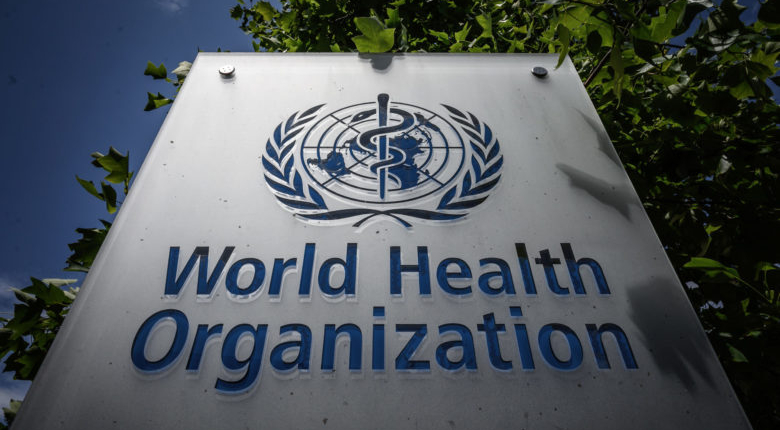The Covid-19 pandemic has disrupted the access to routine medicines for people living with noncommunicable diseases (NCDs). A new report by WHO reveals the challenges faced by NCD patients in accessing essential medicines due to various impacts on NCD medicines from manufacturing, procurement, importation to delivery, availability, and affordability. The report emphasizes the need for innovative ways to implement plans and ensuring uninterrupted and sustainable provision of medicines for chronic diseases. The report provides considerations for key stakeholders, including governments, regulatory authorities, manufacturers, and the private sector, to improve the transparency of the overall pharmaceutical information ecology as a foundation for pandemic planning and response. There is a need to strengthen and expand medicine shortage notification systems, build flexibility into regulatory measures, and minimize barriers to trade. The report highlights the importance of assessing the successes and failures of the global supply chain towards improved NCD medicine access and services as the pandemic progresses.
Covid-19 Pandemic Disrupts Access to Essential Medications for Noncommunicable Diseases
A new report published by the World Health Organization (WHO) on Wednesday reveals that people living with noncommunicable diseases (NCDs) faced difficulties in accessing their routine medicines during the Covid-19 pandemic. The report provides a comprehensive review of the impact of the pandemic on NCD medicines, from manufacturing, procurement, and importation to delivery, availability, and affordability.
According to Dr Bente Mikkelsen, Director of the Department of Noncommunicable Diseases at WHO, the pandemic has exacerbated the challenges that people living with NCDs face in accessing essential medicines. The disruption of treatment can lead to serious health consequences. Thus, it is essential to include treatment and care for people living with NCDs in national responses and preparedness plans. Innovative approaches should also be implemented to achieve these goals.
The report highlights that numerous pharmaceutical supply chains were affected in different ways and to varying extents. To improve the transparency of the overall pharmaceutical information ecology as a foundation for pandemic planning and response, it is necessary to identify weaknesses in the global NCD supply chain. However, without effective monitoring and transparent data, it is difficult to do so.
Thus, countries need to look at their supply chains and strengthen and expand their medicine shortage notification systems. They should also build flexibility into their regulatory measures and minimize barriers to trade. The report offers considerations for the key stakeholders in the NCD pharmaceutical supply chain, including governments, regulatory authorities, manufacturers, and the private sector. Additionally, the report provides directions for future research towards improved supply chain resilience.
Globally, more is spent on medicines for NCDs than any other therapeutic class. Thus, there is a need to continue assessing the successes and failures of the global supply chain towards improved NCD medicine access and services as the Covid-19 pandemic progresses.
The report highlights that although a few short-term interventions were established to respond to immediate pandemic needs, a longer-term strategy to strengthen access and delivery mechanisms during emergencies and mitigate future outbreaks should be developed. Particular emphasis should also be placed on ensuring the uninterrupted and sustainable provision of medicines and products needed to diagnose and treat chronic diseases.
Dr Mikkelsen emphasizes that even though Covid-19 may be out of sight, access to NCD medicines is still out of reach for many. (IANS)
Don’t miss interesting posts on Famousbio










